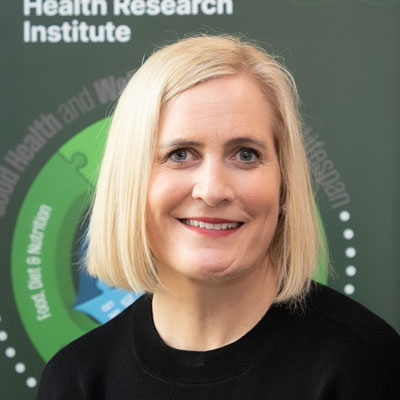
Rose Galvin
Professor of Physiotherapy, University of Limerick
Emergency departments (EDs) around the world are facing huge challenges due to a rapid increase in the number of patients attending, especially older adults.
Many of these older adults have multiple long-term or chronic health issues, which makes their care needs more complex. Unfortunately, the way healthcare is set up right now often focuses on treating one illness at a time. This approach doesn’t work well for older adults who often have several health problems at once. They need more comprehensive care, but the current ED set-up isn’t designed to handle that effectively.
Joined-up support prevents readmissions
To address this problem, researchers at the Ageing Research Centre, part of the Health Research Institute at the University of Limerick (UL), have engaged with older adults and those important to them, clinicians and policy makers, as well as other research groups nationally and internationally. Evidence demonstrates that unresolved health issues and a lack of, or disjointed, community services often lead to older adults returning to the ED soon after their first visit. After leaving the ED, older adults often struggle at home because they don’t have enough practical support or easy access to health information.
The way healthcare is set up
right now often focuses on
treating one illness at a time.
Age-attuned ED care works
The research consortium at UL has addressed these issues in a number of ways. They have led several studies that show that comprehensive, age-attuned care in the ED can improve older adults’ experiences of their care in the ED and their health outcomes. The studies also aim to ensure that the healthcare system benefits as well. Furthermore, if patients receive support and follow-up care after they leave the ED, they are more likely to stay healthier and avoid returning to the ED. This approach helps both the patients and the healthcare system overall.
Connected care improves outcomes
This research highlights how important it is to have connected care, good communication and home-based health services to help older adults manage their long-term health issues better. These findings align with global efforts to improve care for older adults, showing that working together and providing support at home can lead to better health outcomes.


